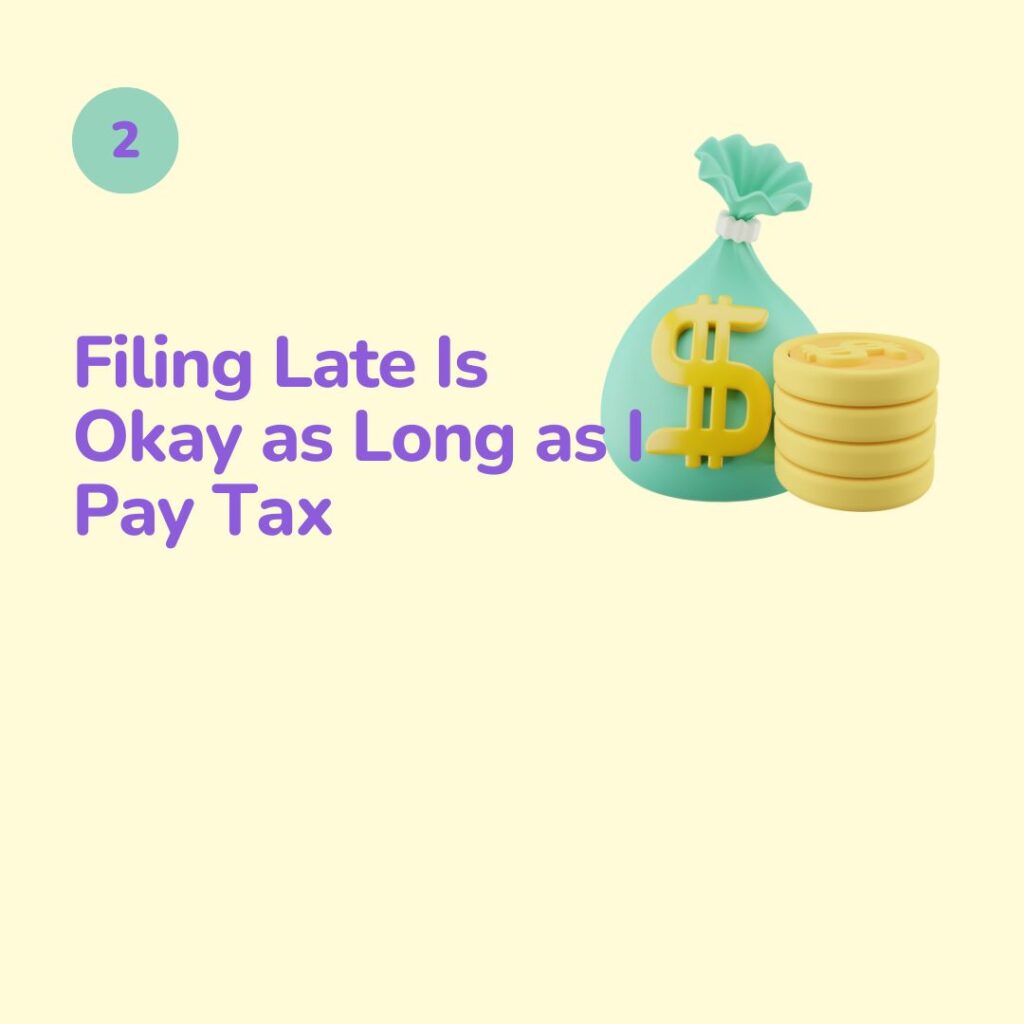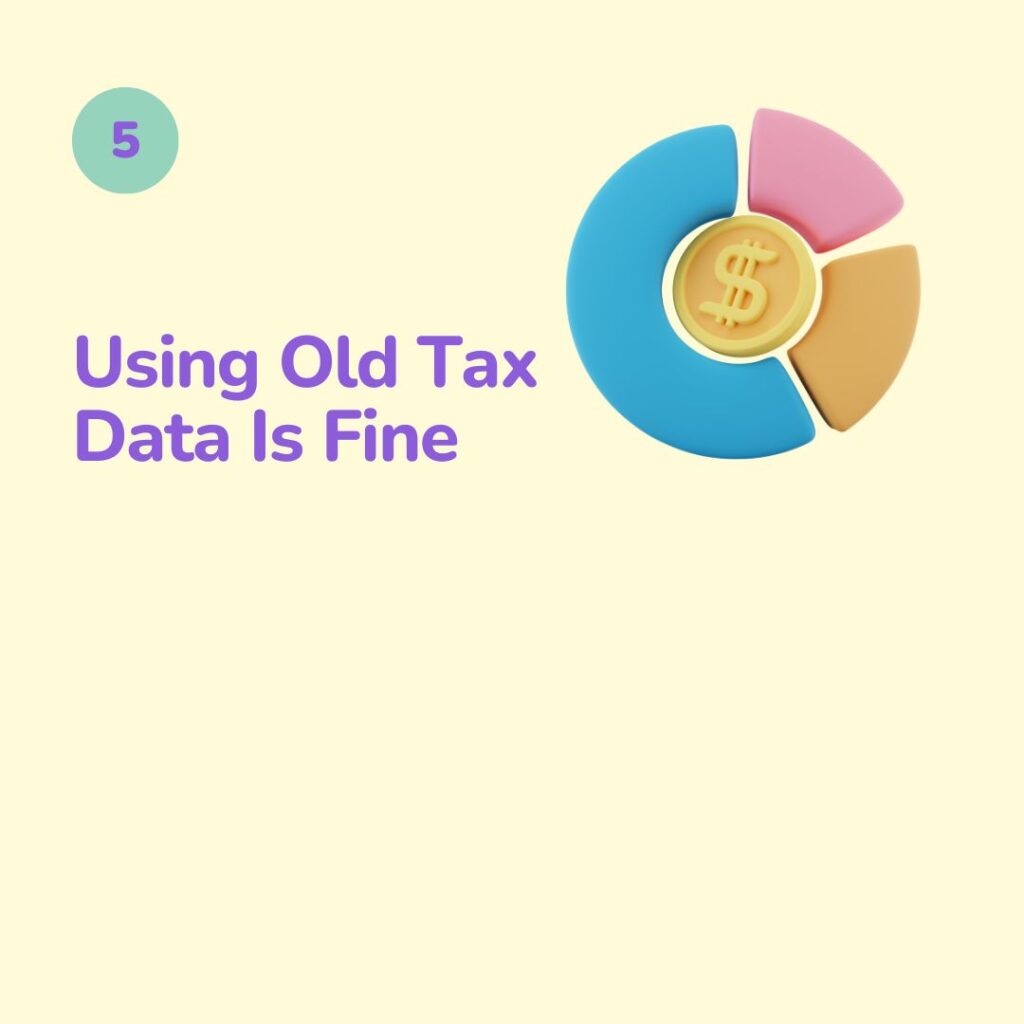ITR Filing Fails are more common than you might think, and they can cost you more than just penalties. Many taxpayers—both individuals and businesses—make wrong assumptions about income tax returns that lead to financial losses, compliance issues, and missed opportunities for refunds. The truth is, filing your ITR isn’t just about meeting a deadline; it’s about protecting your financial interests and avoiding errors that could haunt you later.

In this blog, we’ll uncover 7 negative assumptions that often lead to ITR filing fails, explain why they’re harmful, and show you how to avoid them.
1. I Don’t Need to File if I Have No Income
One of the most damaging ITR filing fails is assuming that no income means no filing. Even if your income is below the taxable limit, filing your return can be beneficial. For example:

- It creates a valid income proof for loan applications.
- It helps claim TDS refunds.
- It maintains a clean tax record.
Not filing may seem harmless, but it can hurt your eligibility for financial products or government benefits in the future.
2. Filing Late Is Okay as Long as I Pay Tax
Delaying your return is another common ITR filing fail. Filing after the due date can result in:

- Late fees under Section 234F.
- Higher interest rates on unpaid taxes.
- Loss of certain deductions and carry-forward benefits.
Timely filing ensures you avoid penalties and stay compliant with tax laws.
3. Small Income Sources Don’t Matter
Ignoring freelance income, bank interest, or rental income is a big mistake. The tax department matches your reported income with third-party information. If they find discrepancies, you could face penalties or even prosecution.

Always report all income, no matter how small—it’s a key way to prevent ITR filing fails.
4. I Can Claim Any Deduction I Want
Some taxpayers think they can claim deductions without proper proof. This assumption can trigger scrutiny from the Income Tax Department. If you claim false deductions, you could face:

- Disallowance of the claim.
- Heavy penalties.
- Interest on unpaid tax.
Maintain receipts, bills, and investment proofs for every deduction you claim.
5. Using Old Tax Data Is Fine
Recycling old information without verifying current details is risky. Tax laws, slab rates, and exemptions change every year. Using outdated figures is one of the easiest ways to make ITR filing fails.

Stay updated on changes and adjust your filing accordingly.
6. Refunds Will Come Automatically
Filing incorrectly can delay or cancel your refund. Errors in bank details, incorrect PAN linking, or mismatched income figures are common causes. Double-check your form before submission to avoid unnecessary delays.

7. Only Professionals Need to Care About Accuracy
Some believe that accuracy is only important for businesses or high-income earners. This is a costly assumption. Even small mistakes in personal filings can:

- Trigger notices from the tax department.
- Lead to audits.
- Affect future creditworthiness.
Accuracy matters for everyone—whether you’re a salaried employee, freelancer, or business owner.
Avoid common pitfalls—7 mistakes taxpayers make while filing their ITR forms—and file your returns more confidently.
How to Avoid ITR Filing Fails
- File early to avoid last-minute rush.
- Keep records for all income and deductions.
- Use updated forms and check latest tax laws.
- Verify all bank and personal details before submission.
- Seek help from a tax consultant if unsure.
Conclusion
ITR Filing Fails can cost you more than just money—they can harm your financial credibility and create legal trouble. By understanding these 7 negative assumptions and avoiding them, you can ensure accurate, timely, and stress-free tax filing.
At Unlock Digi Services, we help individuals and businesses file their ITR correctly, on time, and with maximum benefits.
Contact us today to simplify your ITR filing and protect your hard-earned money.
Email: info@unlockdiscounts.com
Call: +91 94819 60948
Website: www.unlockdigiservices.com
Frequently Asked Questions (FAQs)
1. What are ITR filing fails?
ITR filing fails are mistakes or oversights taxpayers make while filing their Income Tax Returns, such as missing deadlines, ignoring income sources, or using outdated information.
2. Can I file my ITR if I have no income?
Yes. Filing even with zero income can help you claim refunds, maintain a clean record, and support future loan or visa applications.
3. What is the penalty for filing ITR late?
If you file after the due date, you may face a late fee of up to ₹5,000 under Section 234F, along with interest charges.
4. How can I avoid ITR filing fails?
Start early, keep accurate records, report all income, and verify details before submission. Professional guidance can also reduce the risk of errors.
5. How long does it take to get an ITR refund?
If filed correctly, refunds are usually processed within 20–45 days. Errors or mismatches in your return can delay this process.
6. Is it mandatory to hire a CA for ITR filing?
No, but hiring a professional can help ensure accuracy, especially if you have multiple income sources or complex deductions.


